
April 21st Briana Pegado at Harriett’s Bookshop
Come join us at Harriett’s Bookshop for an evening of inspiration and empowerment with Briana Pegado. Get ready to MAKE GOOD TROUBLE as we discuss important issues and how


1. Become ocean literate. To be ocean literate means to understand how and why humans and the ocean are inextricably linked. We Are Ocean believe that by accelerating ocean literacy, “we will live in a society that understands the importance of the ocean to humankind, can talk about the ocean in a meaningful way and are able to make informed and responsible decisions regarding the ocean and its resources.” In other words, this means understanding the language of the sea and how it shapes and supports every aspect of our lives. From the air we breathe, to the water we drink, to the weather and climate we experience, and even some of the life-saving medicines we rely upon, the life of the world’s water cannot be separated from human life.
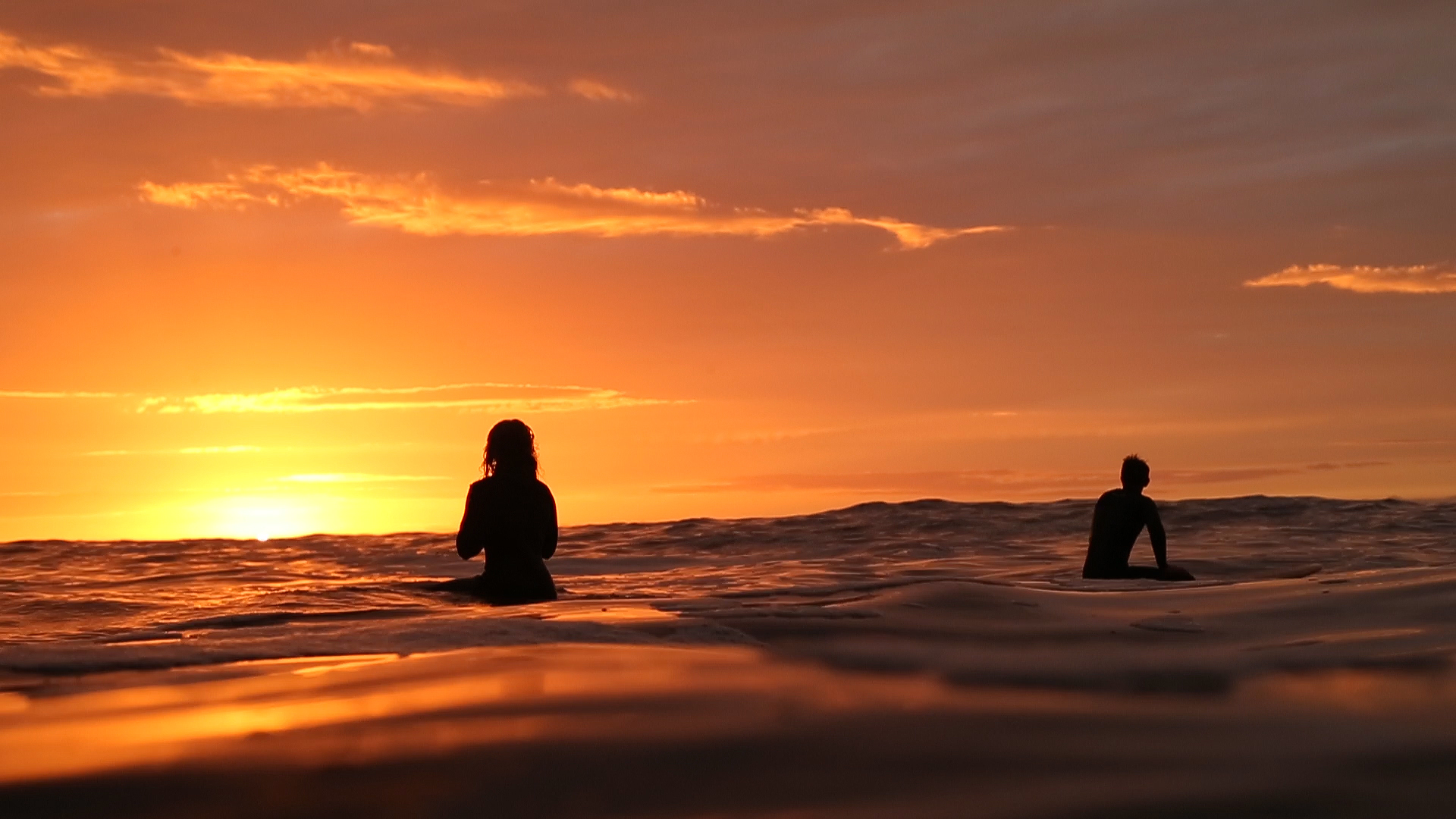
2. Restore your ocean connection. Pay more attention to the ocean. Step outside, or better yet step into water, step into the sea, and feel the gratitude we owe this blue planet for the beauty and abundance she has to offer. As stated in an article I wrote for The Journal entitled ‘Blue Care: The Healing Power and Potential of the Deep Blue Sea’, research is evidencing how engaging with ‘blue space’ (water environments), especially the sea, can improve our wellbeing and alter our bio-chemistry, lightening our mood and lowering stress hormones. One simple way to connect with the ocean, wherever you are, is to consciously breathe. We are always connected to the ocean through our beath, which mirrors the ebb and flow of the tide, and calms our nervous system.
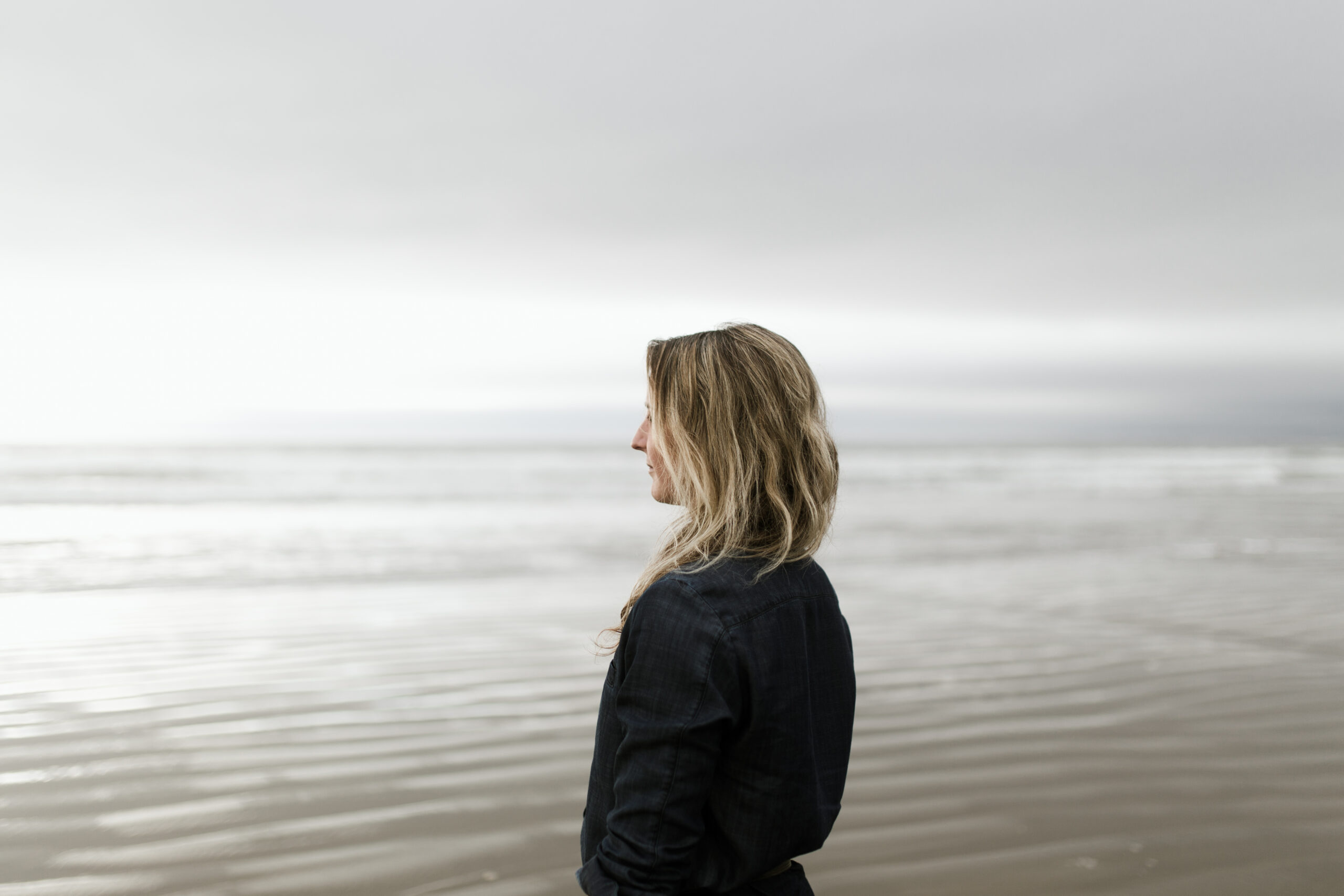
3. Act mindfully. Christiana Figueres and Tom Rivett-Carnac, the authors of The Future We Choose: Surviving the Climate Crisis, emphasise the importance of a mindfulness practice in helping you “learn to create a gap of light between yourself, the world and your reactions”. Why does this matter for protecting our ocean? With 98% of all waste ending up in the sea, everything we consume has an impact on the ocean. The cumulative effect of pollutants is reducing the resilience of entire ocean ecosystems with unpredictable and potentially disastrous consequences not just for marine life but human life too. Cultivating greater mindfulness allows us to become more conscious of our actions, to act as citizens and not consumers, and to utilise the power of consumer decisions by spending our money on ethical and sustainable products. Or better yet, reduce, reuse and recycle. One simple yet effective example of this mindfulness-in-action is the Think Before You Flush campaign.
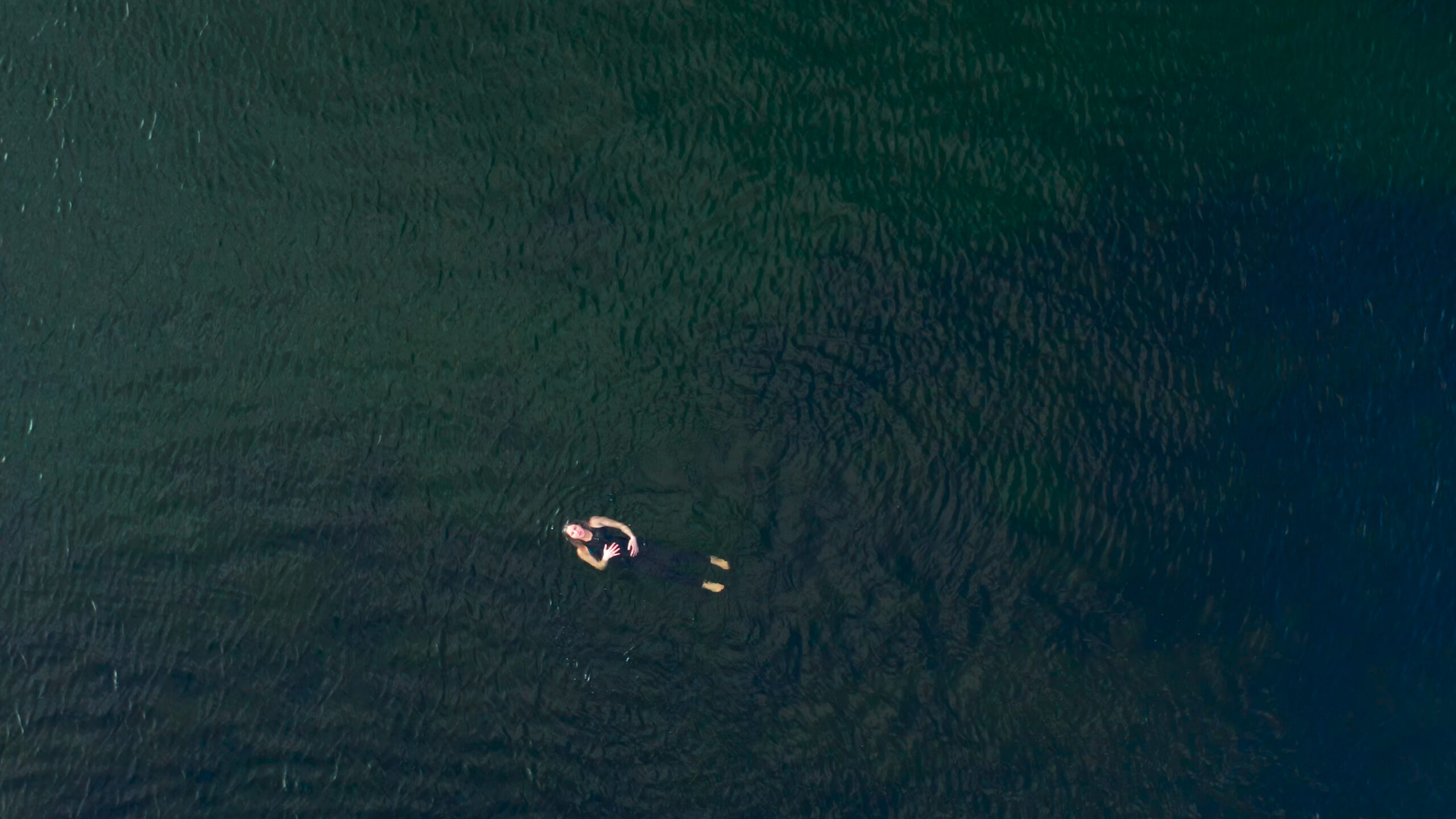
4. Reduce your carbon footprint. The Seas, Oceans & Public Health in Europe project has shown how climate, ocean and human health are interlinked in complex and dynamic ways. The ocean has so far been a buffer between us and the worst effects of climate change, absorbing 90% of global carbon dioxide emissions. This comes at the terrible cost of ocean warming and acidification, which is where the chemistry of the entire ocean is drastically altered, dissolving the building blocks of ocean life. Doing all that we can to reduce fossil fuel emissions is essential for the survival of the ocean. Consider your lifestyle and identify how you can reduce your carbon footprint by at least 50% in the next 10 years, in order to meet global emission targets. Some ideas for reducing your reliance on fossil fuels include travelling less; riding a bike where possible; using public transport; carpooling when needed; and switching to renewable electricity. To reduce consumption, consider buying products made to last; support local growers and retailers; eat less meat and buy sustainably caught seafood. Most importantly, engage in politics and the conversations surrounding climate change. To quote Rebecca Solnit, “the billionaires and the fossil-fuel corporations are intensely engaged in politics and count on us staying on the sidelines… they are afraid of us, if we wake up, if we show up, if we exercise our power to counter theirs”. In other words, we are not powerless.
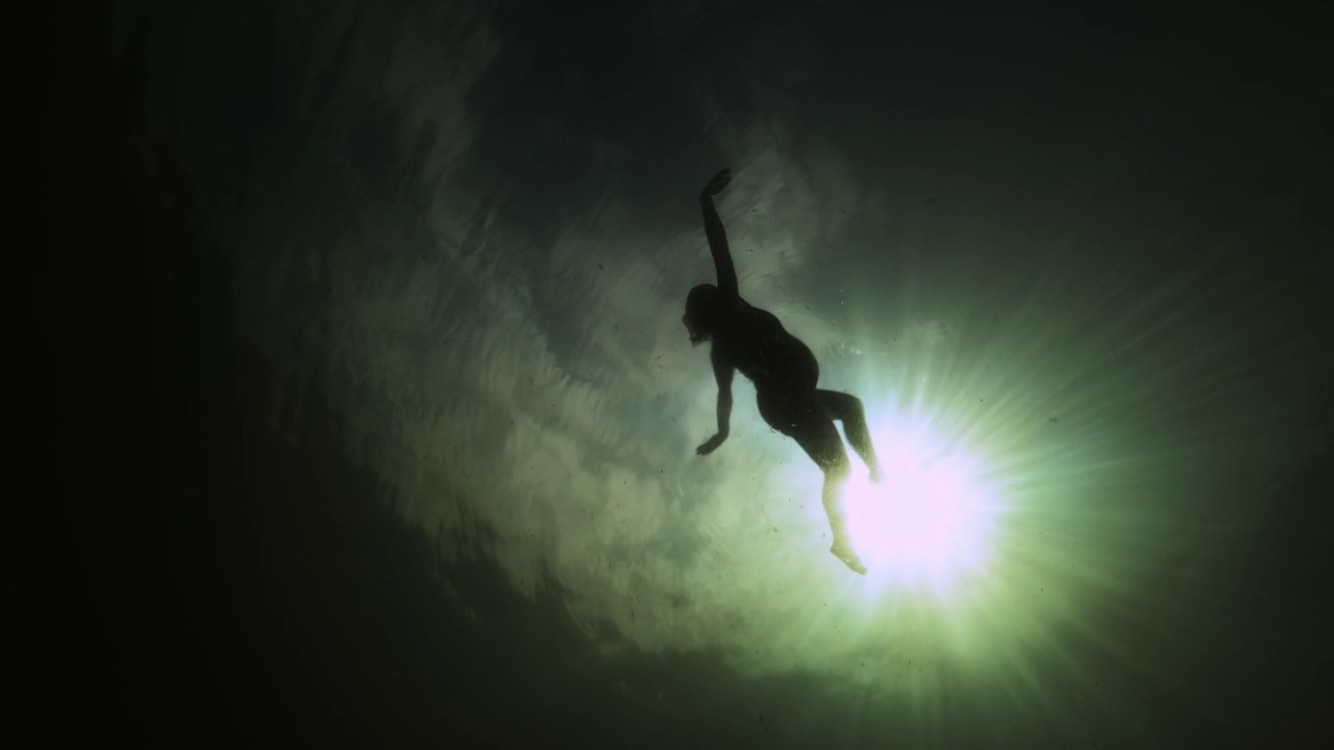
5. Give back. Participate in organised beach cleans (or street cleans), for example the 2 Minute Beach Clean, to help foster greater social connection, as well as taking care and ownership of your local coast and local environment. Although it does not directly tackle the causes of marine pollution, it does help ignite greater awareness and encourage collective action. There are also a vast number of wonderful charities and non-profits across the globe, working towards protecting the health and accessibility of our waters. Getting involved with, or donating to these organisations is another way to give back. In Ebb and Flow, I name many wonderful groups, but some great places to start are Sea Sisters, I am Water Foundation, and Save the Waves.
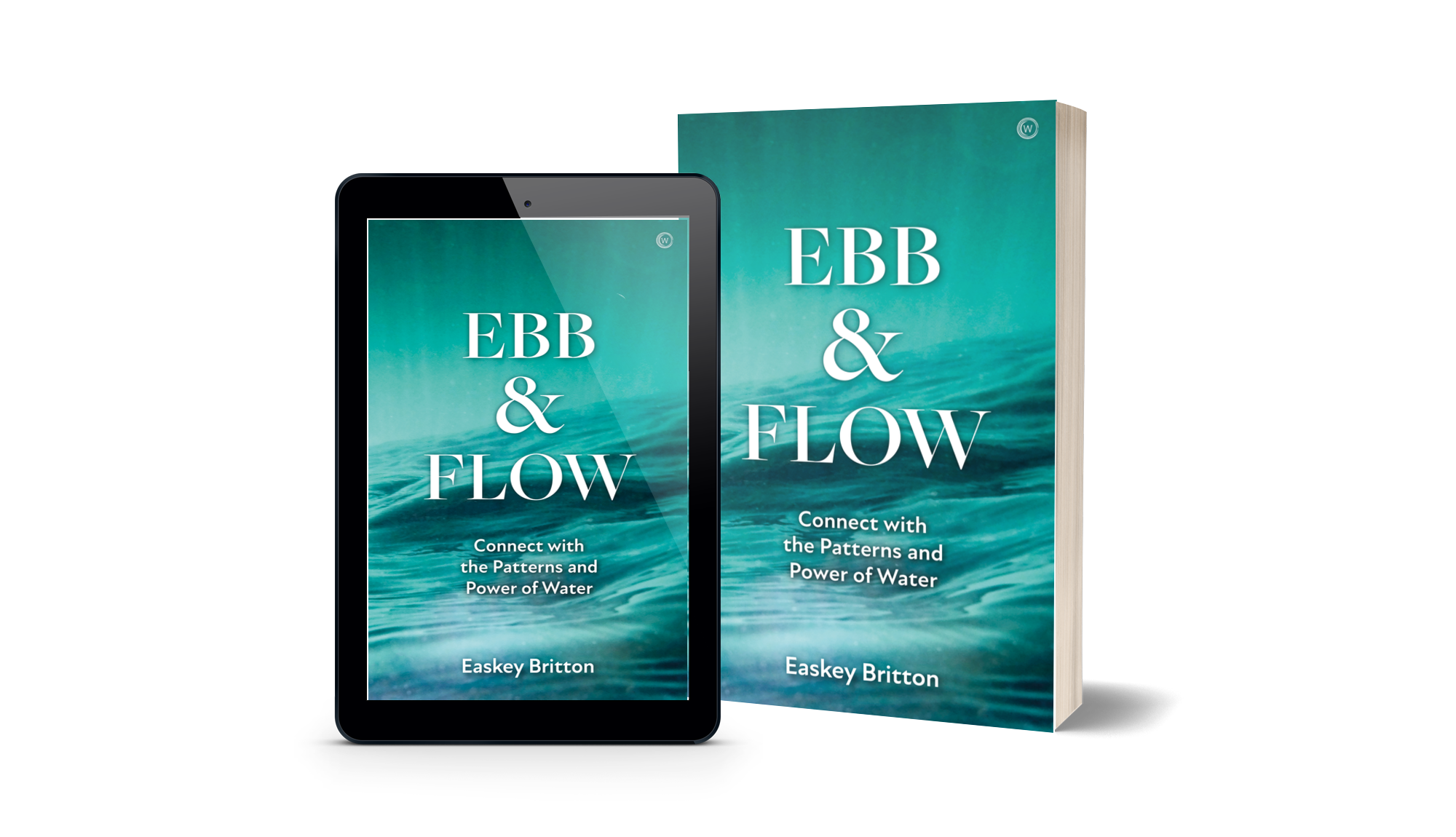
To learn more about how you can connect with and help protect our oceans, pick up a copy of Ebb and Flow: Connect with the Patterns and Power of Water (Watkins, 2023) and Saltwater in the Blood: Surfing, Natural Cycles and the Sea’s Power to Heal (Watkins, 2021).2.

Come join us at Harriett’s Bookshop for an evening of inspiration and empowerment with Briana Pegado. Get ready to MAKE GOOD TROUBLE as we discuss important issues and how

Spring in Japan is sometimes called the season of farewells and new beginnings because as the trees bloom in April, the new school year begins

There can be few lighthouses that do not have a ghost story or some tale of the ethereal attached to them. Often isolated and watching
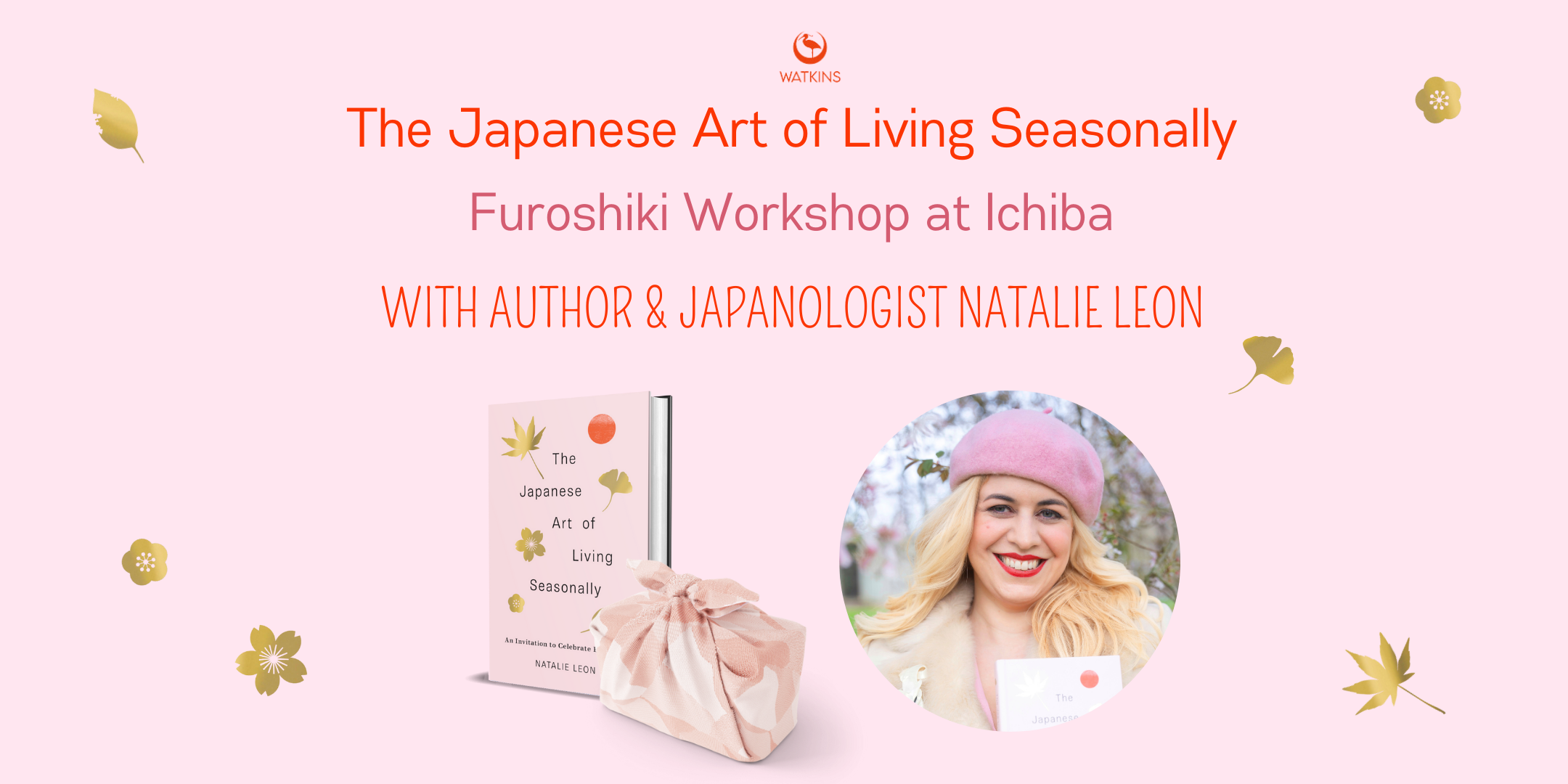
Please join us for a beautiful cherry blossom season-themed furoshiki workshop led by the wonderful Cathy Hughes from Zusetsu, to celebrate The Japanese Art of Living Seasonally by Natalie Leon, which
"*" indicates required fields
Watkins Media Limited
Shepperton House unit 11
89 Shepperton Road
London, England
N1 3DF
Watkins Media Limited
Shepperton House unit 11
89 Shepperton Road
London, England
N1 3DF
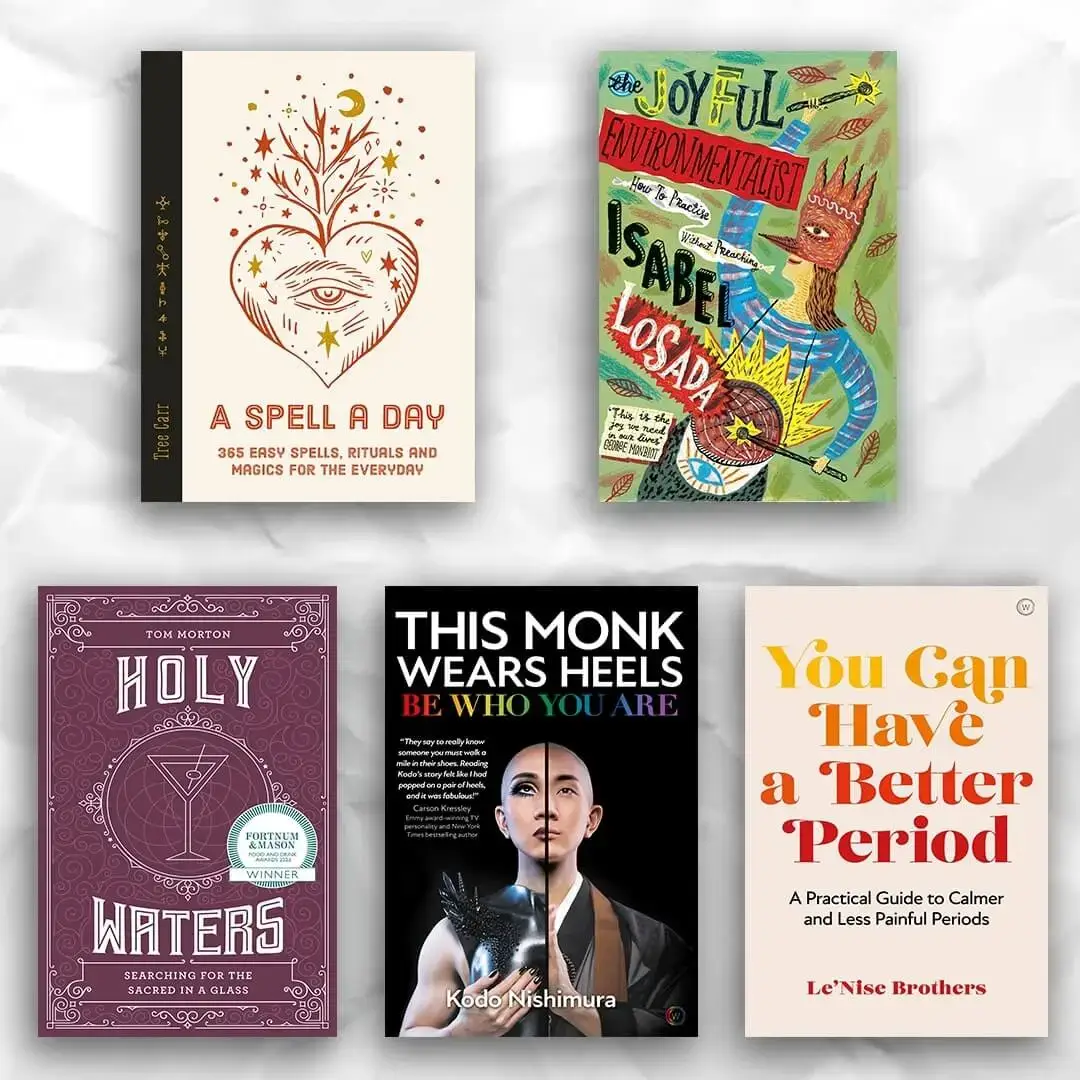
Get a FREE eBook when you subscribe to our newsletter, and be the first to know about our new releases, exciting events and all the latest news!
"*" indicates required fields